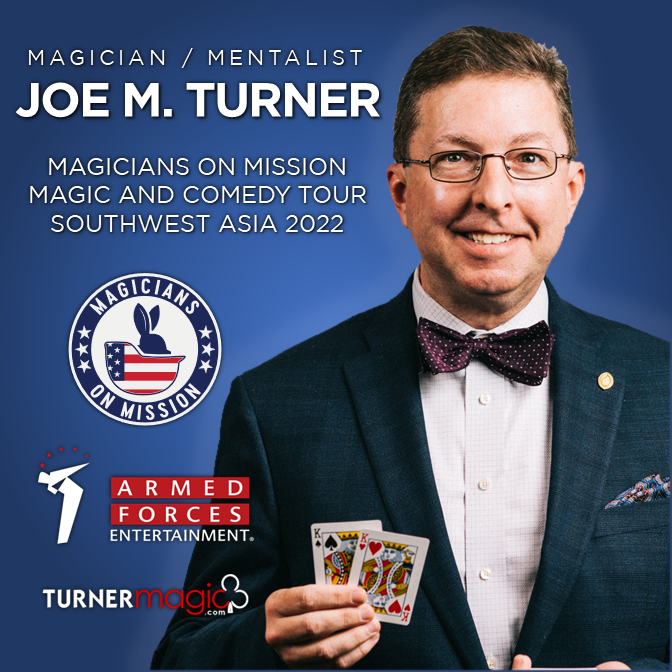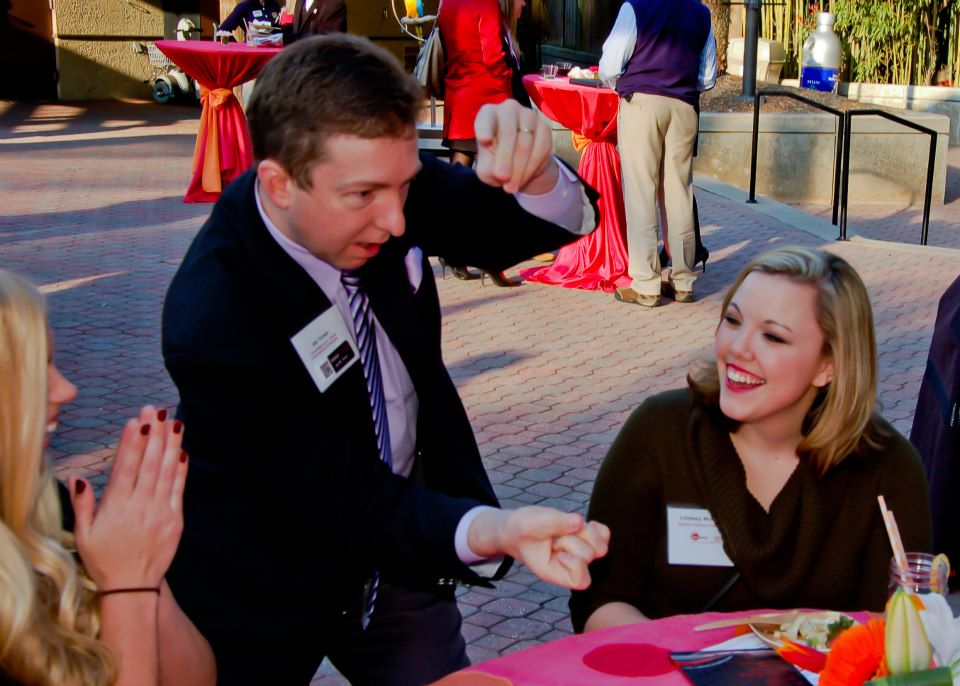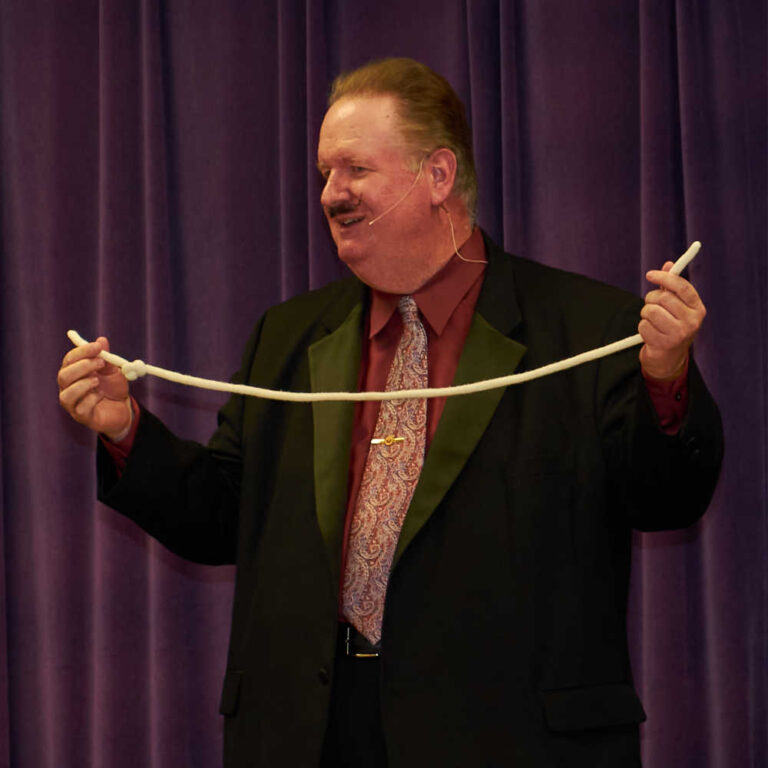Joining the 2022 Magicians On Mission and Armed Forces Entertainment Magic & Comedy Tour

I’m honored to have been invited to join the Magicians On Mission and Armed Forces Entertainment Magic and Comedy Tour later this summer! I have hoped and prayed for an opportunity to use what I do to support and encourage our active duty military personnel deployed overseas. I’m beyond excited that this is finally going […]
The Magical Night the Lights Went Out in Georgia

For the last five and a half years I’ve been a producer of Atlanta Magic Night, a monthly magic, mentalism, and comedy show with a rotating cast of local and national performers. I get to perform and MC the show sometimes, but I am also one of the “on call” people if a booked performer […]
Atlanta Magic Night Celebrates 4 Years of Wonder

Atlanta Magic Night Celebrates 4 Years of Wonder City’s Longest-Running Magic/Mentalism Show Continues to Amaze ATLANTA – April 17, 2018 — Atlanta’s longest-running magic and mentalism show, Atlanta Magic Night, celebrates its four-year anniversary on May 5, 2018 at 8:00 PM at the Red Light Café in midtown. The show was launched in May […]
Small Action, Big Impact

Small Action, Big Impact Have you ever considered the impact that a small action or decision can have on your audience? Something you consider minor can have an enormous impact on a customer, client, or anyone else who is paying attention to your brand. Here’s a real-world experience that may give you something to think […]
3 Key Dynamics of Strolling Magic

Adding Interactive Magic and Mentalism to Group Receptions and Networking Events Event planners and meeting planners face unusual challenges. One of these is the “networking event” or “welcome reception” – traditionally held on the first evening of a conference. Imagine that you’re planning a meeting or conference that is going to draw people from around […]
Turner Magic Named Best of Atlanta 2012 in Corporate Entertainment

Turner Magic Entertainment has been selected for the 2012 Best of Atlanta Award in the Corporate Entertainment category by the Atlanta Award Program.
Changing the Model: The Real Experience of Magic and Mentalism, part 2
Magic and mentalism are a form of theatre. The most effective magic and mentalism performances lead audiences to focus on messages and experiences rather than props and methods.
Changing the Model: The Real Experience of Magic and Mentalism, part 1
Before we explore the principles we can learn from seemingly impossible experiences and apply to real-world issues, let’s rethink the fundamental premise of the modern theatrical magical experience by contrasting two interpretation models.
What is Mentalism?
My clients know that I perform a variety of illusions in different genres, depending on the specific needs and character of their event. Many of them have encountered the term “mentalism” in conversations with me, or they’ve heard it from others, or they’ve seen the popular show The Mentalist on CBS. Many people still approach […]
Evaluating the Quality of Unique Services
Most people have never experienced live magic or mentalism, and even fewer have had to book a performer or speaker for an event. Here are 6 tips for evaluating the quality of providers of unique services when you lack a large set of real-life “data points” from which to make your assessments.


